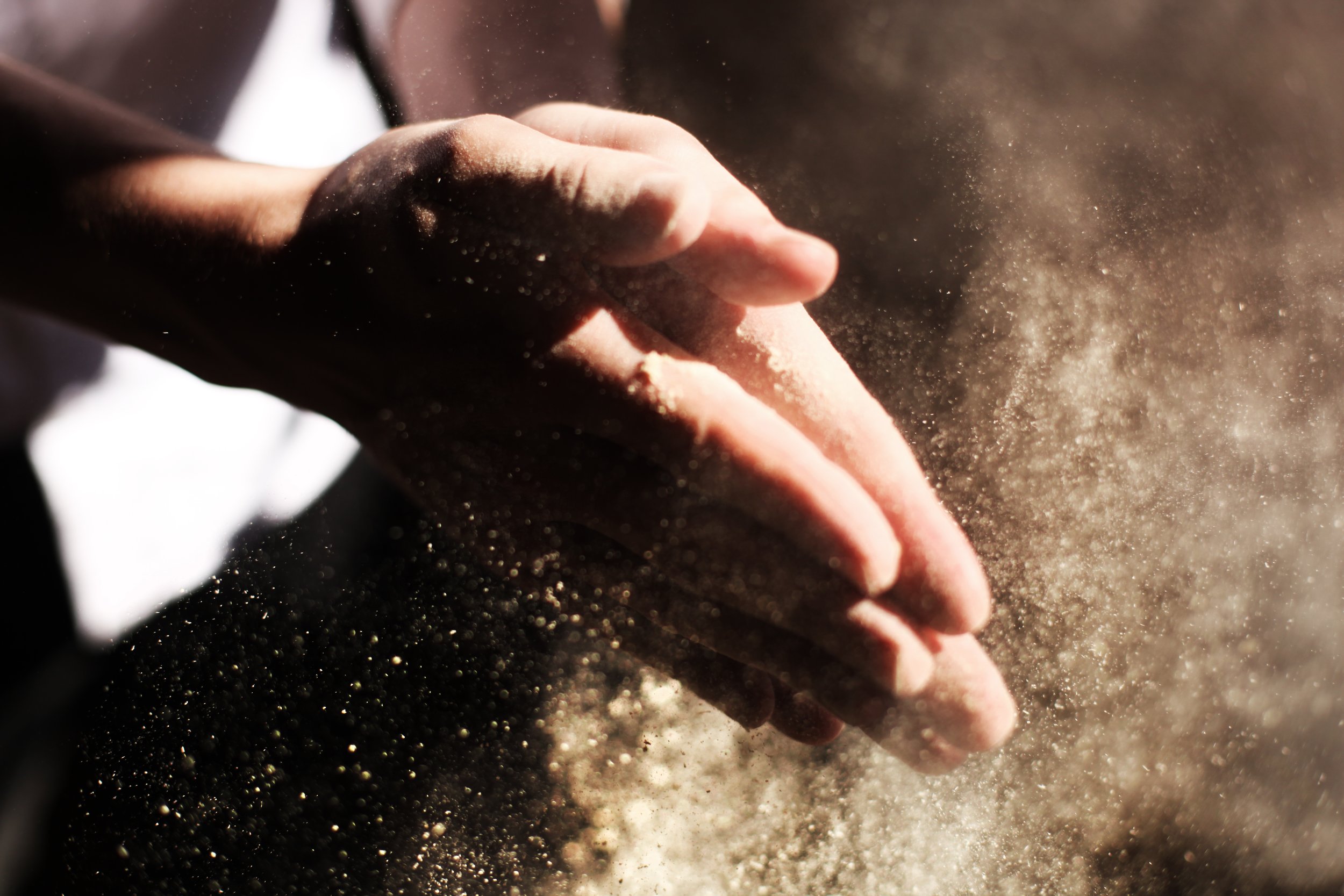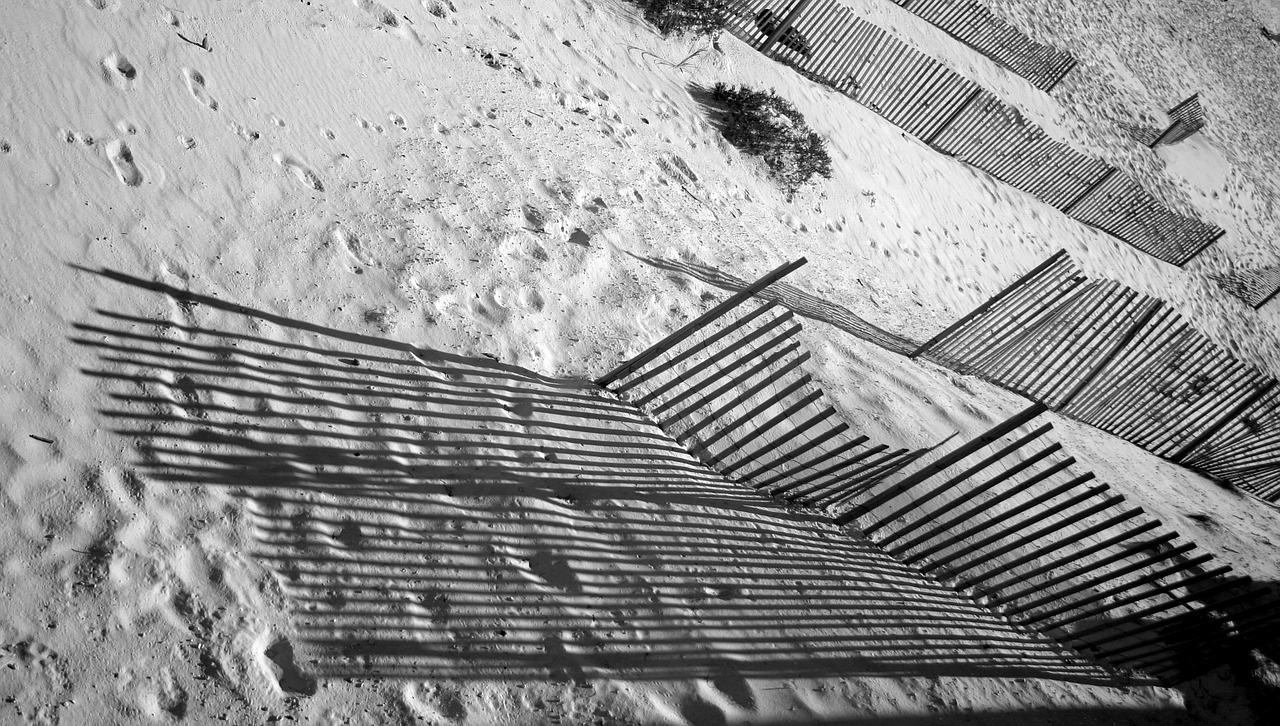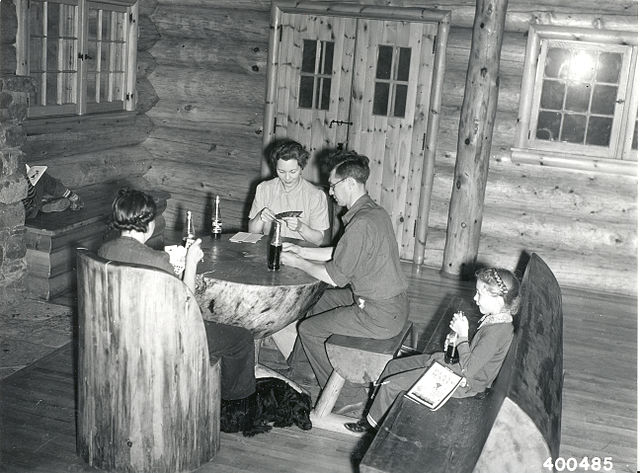
My grandmother was crazy. I stand at her grave in Virginia and know this is true. She was also achingly beautiful. I have seen old photographs from her youth. She is buried next to her parents who loved my mother unconditionally.
My grandmother's grave is near another relative who may also have been crazy. Both women were institutionalized. Both lived during a time when treatment for mental illness bordered torture—or simply was torture—and was certainly a life sentence for disgrace.
My grandmother’s grandmother died of tuberculosis when she was 29. I visited her grave too. My parents and I found her tombstone in Great Smoky Mountains National Park. Her name was Elizabeth Whaley, and she lived in the woods near the West Prong of the Little Pigeon River in Tennessee.
We did not intend for our eastern road trip to become an ancestry hunt. One discovery led to another and fed our hunger to piece stories together. My mother found a description online for how to locate her great grandmother’s grave in the national park. She took my father’s arm and used her cane to move rocks from the path. We walked the half-mile, following the edge of a mountain stream lined in yews and rosebay rhododendrons. We found the family cemetery on a rise in the land. A canopy of gold and green leaves shaded the burial ground. We found dozens more relatives. The weathered tombstones still bore the Whaley name. I had no idea this cemetery existed. I had no idea there were so many strong mountain people in my family.
I remember my mother saying a few years ago that she had family who were real country.
“What do you mean,” I asked.
“They spent a lot time on their porch,” she said.
I have known for decades about the mental illness in my family. In truth, though, it was my grandmother and another distant relative, Lucy. That is all. The rest of the women share a remarkable trait. They may have been stubborn or fiercely independent, creative or stern or effortlessly generous, but they all seemed fortified by an unshakable strength. This should be the observation I cling to. Yet, I’ve often focused on the two women afflicted by mental illness and how my grandmother’s mental illness led her far away from strength. She was abusive, manipulative, and unpredictable.
A fear has chased me for years. I have worried I may be like my grandmother.
When I told my cousin, Kelly, about my fear, she set her iced tea on the table and pointed her chin down so I could see her eyes over her sunglasses. “You’re kidding, right?” Her disbelief forced me to also laugh at the unlikely prospect, but I still feel this pesky fear. Swirling in my blood is the potential for downward spiral. Even if this were the case, though—even if I did manifest mental illness—we live in a time of improved access to good health care. The stigma is changing. I know these things. What I do not understand is this irrational fear.
My mother brought a Hillary Clinton campaign sign on our road trip. We posed for photographs next to the sign on our way through the Mississippi River delta to the Smokies, into the Appalachians, down into the Piedmont and finally to the Virginia tidewater where my mother learned how to survive her own mother. We talked about the lack of strong female leadership in our culture. “The main problem I see,” she said, “is that women don’t have accessible role models of female leaders who use their feminine energy to lead instead of trying to act and dress like men.”
She’s right. She’s absolutely right, I think to myself.
My mother grew up at the confluence of the Mataponi and Pamunkey rivers. She lived on a peninsula and could walk from her house to the water’s edge. Sometimes she found fragments of peace pipes exposed by lapping waves. Her grandparents farmed across the Mataponi, and she would walk the land with her grandfather on Sundays.
While crossing the bridge toward the farm, I asked, “Did you ever swim across the river to your grandparent’s house?”
“No,” she said in a wistful tone.
While driving across North Carolina, I learned about my mother’s first job after she graduated from medical school. She worked for the state health department. “I rode around in a mobile clinic, kind of like an RV, and administered IUDs and handed out birth control pills and gave women pelvic exams in small towns near Memphis.”
“Really,” I asked.
“Yep. I called it my sex-mobile. The driver was Roman Catholic, but she never said a word because she needed the job.”
I wish there was a photograph of my mother and her sex-mobile.
I took photographs of my mother standing next to her great grandmother’s grave in the national park. Elizabeth Whaley’s son was five years old when she died. He would live in the Tennessee wildness until the U.S. government forced the Whaleys out in the 1930s. He would marry Annie, and they would have a daughter, Florence, who would be my grandmother one day. My mother and I share the same name. It formed by combining my mother’s grandparent’s names together: Joe and Annie became Joanna. My mother’s relatives would worry for her safety as a child. My mother does not know that I know this.
At my grandmother’s cemetery, I found Lucy’s name nearby. Her tombstone was practically hidden by a bush and covered in leaves. I snapped branches and used a twig to dig dirt out of Lucy’s name. I do not know if Lucy was actually crazy or if she was sent away to an asylum for other reasons. Perhaps she showed signs for strong feminine energy, and her family did not know what to do with her. Maybe she really was ill.
I sit here on my porch in the Arkansas Ozarks. It has been a week since we returned from our eastern road trip. Oak leaves drop at my feet. There are hundreds of lifeless leaves covering the ground. I am only beginning to learn the stories in the land. The leaves remind me of the smallness of my worry. My fear is not remarkable. It is a shape amongst hundreds of shapes. What is remarkable is my mother emerging from her childhood, scraped and wounded, full of resilience.
At my grandmother’s cemetery, I take a photograph of my mother standing next to her grandparent’s grave. She sets her cane aside and leans against the stone. The look on her face is of vulnerability, gratitude, and unshakable strength. I want what she has.
 I think of it like fingerprinting—fingerprinting for someone’s being-in-the-world.
I think of it like fingerprinting—fingerprinting for someone’s being-in-the-world. It’s hard writing about the salty Gulf Coast without the taste of fried biscuits in Mendenhall, Mississippi, or the hypnotic curves of rice paddies in southeast Arkansas, the lonely cotton gins and weathered Baptist churches that survive calamitous storms year after year. Before we can throw our bodies into the roiling sea, there’s a rite of passage we must traverse. It takes nine-and-a-half hours to drive from Little Rock to Orange Beach. Nine-and-a-half hours of poverty and the whims of commodity crop economics. It used to be cotton and rice. Now it’s GMO corn and soy. “You can’t even eat that corn,” my mom would say. A black cloud of starlings shoots past us. “I know, it all goes to the cows outside Denver,” I would reply. Dollar General replaced the mom-and-pop small town shops, and now even those soul-starved places are empty, only to be filled by storefront churches promising salvation by the highway. One sign reads Just Church. Fast food wrappers skitter along asphalt and half-smashed snakes. Upturned armadillos try to hold up the sky with their stubby legs. Meanwhile, kudzu swallows up longleaf pines and the lives that depend on them, and the forest turns into a tomb, encased by this foreign, medicinal vine only Agent Orange could knock out. The roadside greenbelt looks more like a freak show displaying storybook monsters frozen in time – their movements, their joys, their battles all swallowed up by this relentless vine. I don’t care how medicinal it is and what the rumors are for curing cancer. That vine is killing the forests.
It’s hard writing about the salty Gulf Coast without the taste of fried biscuits in Mendenhall, Mississippi, or the hypnotic curves of rice paddies in southeast Arkansas, the lonely cotton gins and weathered Baptist churches that survive calamitous storms year after year. Before we can throw our bodies into the roiling sea, there’s a rite of passage we must traverse. It takes nine-and-a-half hours to drive from Little Rock to Orange Beach. Nine-and-a-half hours of poverty and the whims of commodity crop economics. It used to be cotton and rice. Now it’s GMO corn and soy. “You can’t even eat that corn,” my mom would say. A black cloud of starlings shoots past us. “I know, it all goes to the cows outside Denver,” I would reply. Dollar General replaced the mom-and-pop small town shops, and now even those soul-starved places are empty, only to be filled by storefront churches promising salvation by the highway. One sign reads Just Church. Fast food wrappers skitter along asphalt and half-smashed snakes. Upturned armadillos try to hold up the sky with their stubby legs. Meanwhile, kudzu swallows up longleaf pines and the lives that depend on them, and the forest turns into a tomb, encased by this foreign, medicinal vine only Agent Orange could knock out. The roadside greenbelt looks more like a freak show displaying storybook monsters frozen in time – their movements, their joys, their battles all swallowed up by this relentless vine. I don’t care how medicinal it is and what the rumors are for curing cancer. That vine is killing the forests. As holidays with my extended family arrive, so does the expectation of playing games. Whether in a pool, in the snow, in a gym, on the floor of a living room, or, especially, at the table. Ah! The evening table game. We’ve played everything from “Awkward Family Photos” to “Risk” to “Tenzi” to “Reverse Charades” to the incredible, mind-bending card game “Killer Bunnies”.
As holidays with my extended family arrive, so does the expectation of playing games. Whether in a pool, in the snow, in a gym, on the floor of a living room, or, especially, at the table. Ah! The evening table game. We’ve played everything from “Awkward Family Photos” to “Risk” to “Tenzi” to “Reverse Charades” to the incredible, mind-bending card game “Killer Bunnies”.
